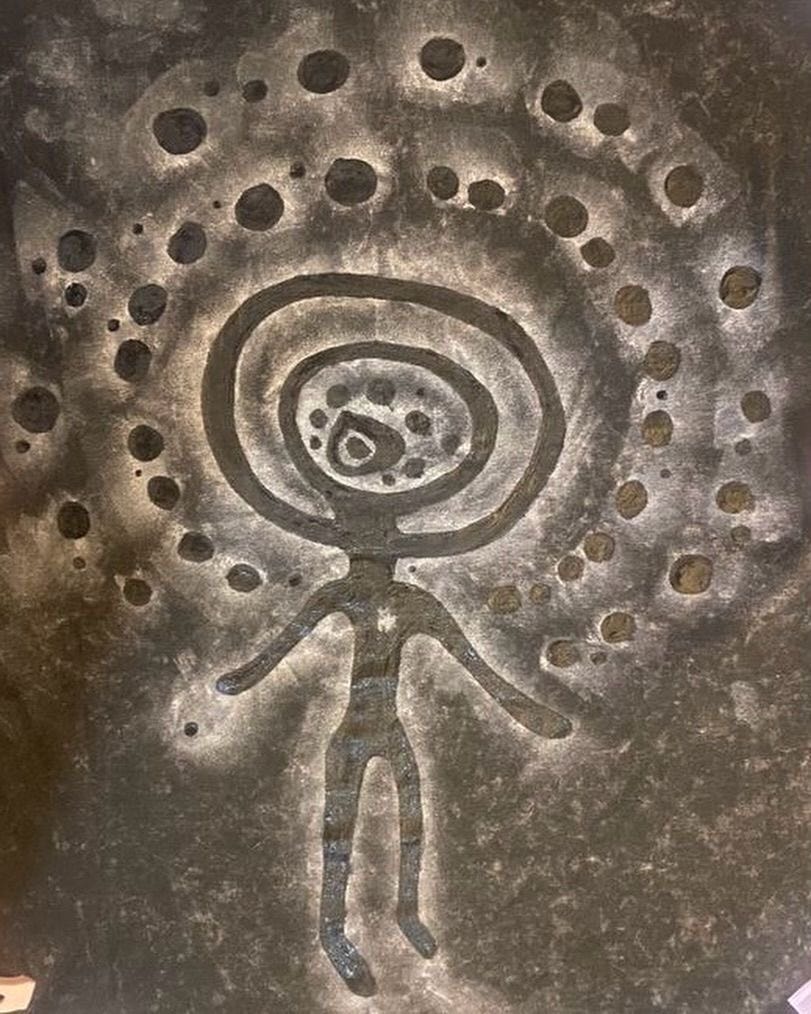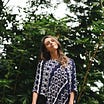‘Stories go in circles. They don’t go in straight lines. It helps if you listen in circles because there are stories inside and between stories, and finding your way through them is as easy and as hard as finding your way home. Part of finding is getting lost, and when you are lost you start to open up and listen.’1
Our Living Research Program (soon to be available in a self-study option) and our Living the Story Membership (launching in the new year), are our personal compass and on-going learning space, for how to navigate story work, research process and listening, to share with you best here.
We care about fundamentally expanding our world view through cultural narratives and the deeper historical exploration of who we all are. Yet, as we begin by sharing stories and research, seemingly on the surface value of them, we realize there are depths to be met and responsibilities of what, and how, story gets shared.
Some stories are meant to be personally lived with for sometime, before being shared onward.
Some stories are given, and never to be shared publicly.
Some stories need to be explored deeper and a closer look to who the source, translator and teller are to how the story may have changed. Without a doubt damage has been done by outsiders taking stories, removing them from their rich context and lineage and adding their perspective, without the space to understand their own bias and influence on them.
Some stories are only meant to be spoken and shared in-person, and some can only truly be understood in their original language and alive transmission.
‘The legends did not in anyway way gain from Parker’s translations into English; on the contrary, she stressed that in the process of fixing an oral tradition in the confines of written words, the subtle, intimate, and diatonic animation of the storyteller, and all that was conveyed through a living presence, was irretrievably lost.’2
Storytellers had/have in many cultures a long process of initiation and rite of passage to be ready to hold that role.
“In the old Irish tradition, you were 21 years before you became a fully fledged druid, man or woman. If you specialized, then the last seven years were spent in your specialization. So for Ollams, as they were called, who were the poetic bards, they spent the last seven years concentrating on nothing but the bardic arts. So you learned all the stories, all the lineages, who was belonged to everyone, where everything came from. But you were also taught extemporization.”3
The shamanic capacities of storytellers and the nature of the spiral of time is expressed further in the following quote:
“The bard, the poet actually held the history of the people and all those stories that were attached with them, the ability to extemporize in the present, and therefore to open up the future. So they held past, present, and future together.”4
Here we are, in this present time, sensing the urgency of learning from more perspectives and root traditions, while simultaneously recognizing the need to slow down to honor our own process of becoming wiser in this work.
We hope you will join us in this process and journey as we continue - so we can also learn from you.
The Living Research Self-Study Program will be made available soon.
The Living the Story Membership will be opened in early 2025
Join the Waitlist here
Image Text: "...Estos signos en los cuales se unen la belleza del ademán y la de la composición decorativa sobreviven gracias a las imágenes cinematográficas de Pierre Gaisseau en "La Selva Sagrada ", realizada en 1953 entre los Toma de la antigua Guinea francesa."
Translation: Written in the sand, 1953. "...These signs in which the beauty of the gesture and the decorative composition are united survive thanks to the cinematographic images of Pierre Gaisseau in "The Sacred Forest", made in 1953 among the Captures of the former French Guinea."
Next article to come this week: Mothers of all Life - Women of the Dreamtime & The Passing of Power to Men.
Shawn Wilson. As part of our Living Research Program.
K. Langloh Parker, The Euahlayi Tribe: A Study of Aboriginal Life in Australia. 1905 via. Wise Women of the Dreamtime: Aboriginal Tales of The Ancestral Powers. Edited with commentary by Johanna Lambert.
From Tetragrammaton with Rick Rubin: David Whyte (Part 1), 6 Nov 2024
From Tetragrammaton with Rick Rubin: David Whyte (Part 1), 6 Nov 2024









